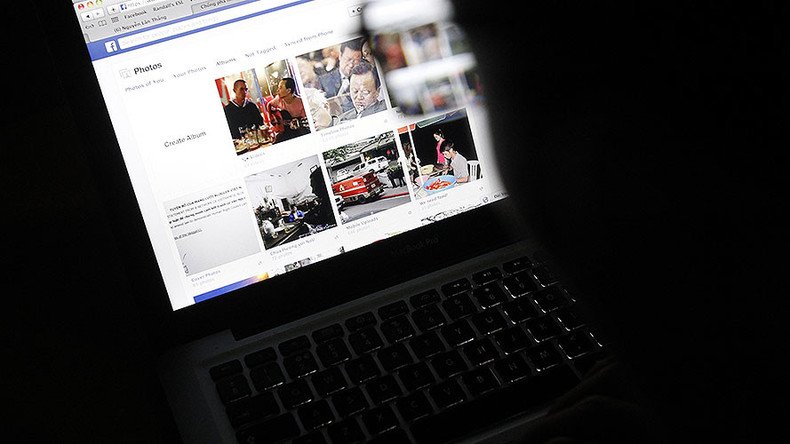US police spend millions on social media monitoring tools, study finds

A new study has found law enforcement agencies spent $4.75 million on social media monitoring tools between 2013 and 2016 to surveil the public and investigate possible crimes, although this sum is “massively understated,” according to researchers.
The Brennan Center for Justice published an analysis of 151 US cities, counties and law enforcement departments that have spent more than $10,000 on software to monitor social media, using public records to compile the list.
The study found the City of Los Angeles, the County of Sacramento, Florida Department of Law Enforcement, Macomb County in Michigan and Texas Department of Public Safety were the biggest users of surveillance, spending about $70,000 each over the past three years.
Police departments across the country are spending millions on social media monitoring. From @BrennanCenter: https://t.co/OV35DWf1dRpic.twitter.com/nRPIgTbZAV
— The Marshall Project (@MarshallProj) November 17, 2016
As the list was compiled using publicly available information, “the numbers we have are massively understated,” Brennan Center for Justice’s Faiza Patel said. “But it gives an indication of a phenomenon that is growing rapidly and flying under the radar.”
The companies identified in the analysis are, Geofeedia, Media Sonar, Snaptrends, Dataminr, DigitalStakeout, PATHAR, Meltwater, and Babel Street.
50% of Americans in ‘virtual lineup’ face-recognition police programs — study https://t.co/fMQYcb9fvBpic.twitter.com/CchnVdTHwp
— RT America (@RT_America) October 19, 2016
Companies such as Dataminr, Geofeedia and Snaptrends analyze social media data with corporations and law enforcement buying licenses to access the data.
The companies use algorithms to sift and sort through millions of social media posts in real time, allowing customers to track, monitor and discover relationships between social media users. It can also be utilized to track protests and political movements, posing a potential threat to citizens’ First Amendment rights.
#Geofeedia will no longer have access to #Twitter’s user data over claims it helped police spy on protesters https://t.co/WbQyUUjWre
— RT (@RT_com) October 12, 2016
“Today the main way protesters organize is online,” Patel told the Washington Post. “This is a new administration that has been frankly threatening to the act of political protest.”
The analysis doesn’t include details on the FBI, CIA or other intelligence agencies and their use of social media monitoring software.












